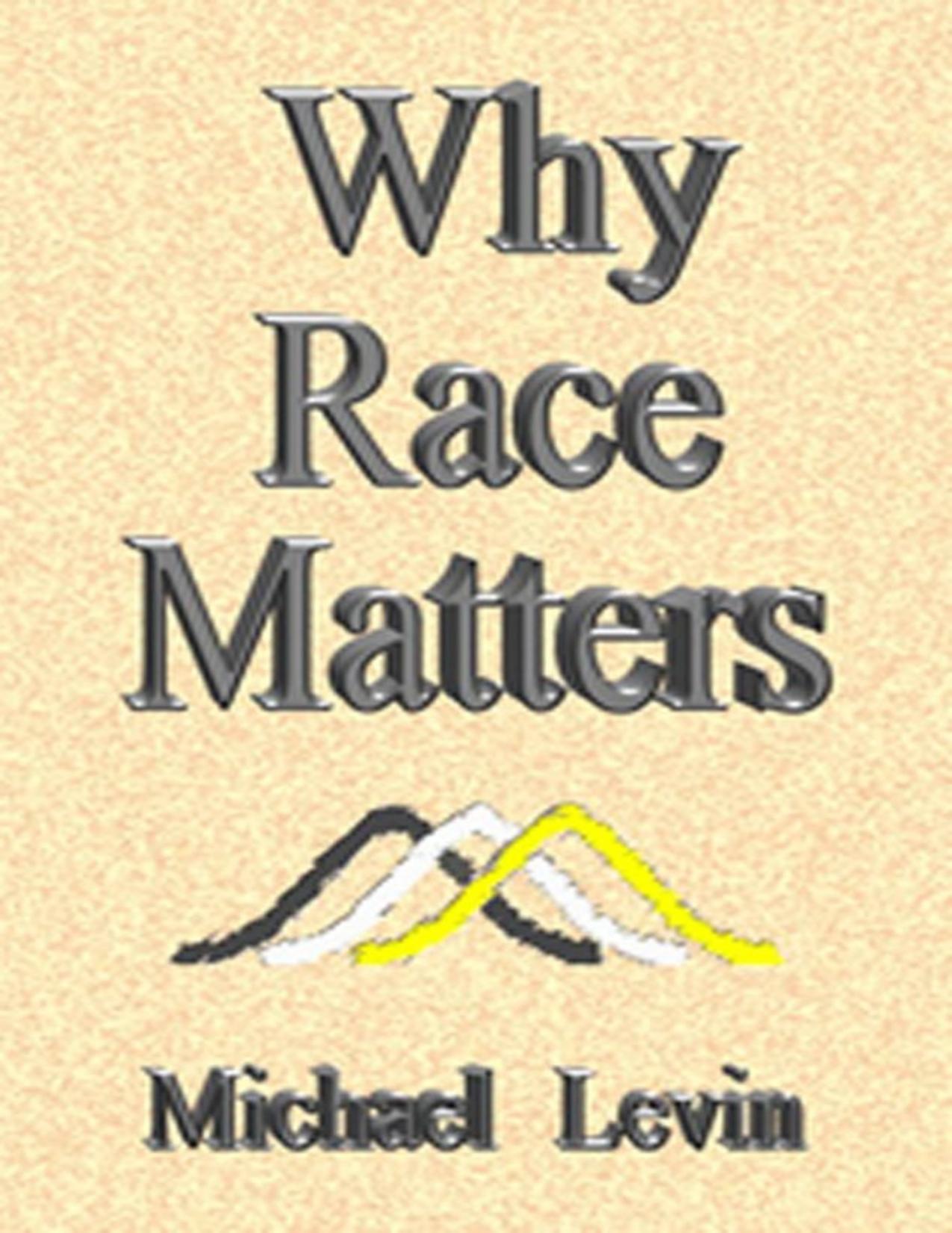Why Race Matters by Levin Michael

Author:Levin, Michael [Levin, Michael]
Language: eng
Format: epub, mobi, pdf
ISBN: 9780965638357
Published: 2012-09-06T00:00:00+00:00
7.3. UNDERSTANDING THE AFFIRMATIVE ACTION DEBATE
That in practice facts are dispositive while in theory commitment is unshakeable—one can dig in his heels by endlessly shifting grounds—helps explain the wayward course of the affirmative action debate. Advocates of preference have practiced just this kind of footwork.
Lyndon Johnson introduced affirmative action in 1965 with an appeal to compensation: “You do not take a person who for years has been hobbled by chains,” he said in his famous Howard University address, “and liberate him, bring him up to the starting line, and then say, ‘You are free to compete with all the others.’ ” Martin Luther King asked for “compensatory preferences,” and Jimmy Carter called preferences “compensatory discrimination.” The president of the Urban League criticized a 1989 Supreme Court decision as opposing “reasonable affirmative action decrees that remedy past discrimination” (New York Times 1989); Bill Clinton defended affirmative action as “redress.” One might reasonably conclude from the words of three Presidents that compensation is what the debate is all about. Yet, as the compensation argument has tottered—mainly with growing awareness that the beneficiaries of affirmative action have never been discriminated against, and that its white victims have never discriminated—there has been a migration to new grounds, few of which were heard of in 1965: fighting discrimination, fighting stereotypes, justice for groups, changing demographics, diversity, role models, a representative workforce, black self-esteem, a black stake in society, administrative convenience (since no one knows which blacks have suffered; see Nickel 1975; Ezorsky 1991; Harwood 1993), a need to make blacks feel loved (West 1997). Bergmann (1996) urges virtually all of these fallbacks. Chapter 8 looks at some of them more closely, but some preliminary remarks are in order about the cost to quota advocates of their proliferation.
First, some of these new arguments are so post facto as to be patent rationalizations, the efforts of people who have forgotten, or never knew, why they supported racial preference in the first place. Shopping around for reasons after making up one’s mind is not an attitude to inspire confidence.
Second, the nature of a claim changes as the grounds for it do. Should Smith demand back a sweater that Jones stole, Smith wants restitution; should Smith demand the sweater because he is cold, he wants charity. Should he say Jones owes him the sweater for both reasons, his claim is ambiguous, if not incoherent. Real-world equivocations of this sort tend to be overlooked because people are often more interested in who is on their side than why they are. Opposing a war as unwinnable is not the same as opposing it on moral grounds. Wanting to preserve endangered species useful to man is not the same as valuing biological diversity in itself; an ecological utilitarian won’t miss a useless species, while an ecological absolutist will. Vegetarians for health reasons need not oppose animal experimentation, while animal-rights vegetarians oppose it vehemently. Critics of capital punishment who deny that it deters are no friends of abolitionists who call it “barbaric” and would oppose it whether it deters or not.
Download
Why Race Matters by Levin Michael.mobi
Why Race Matters by Levin Michael.pdf
This site does not store any files on its server. We only index and link to content provided by other sites. Please contact the content providers to delete copyright contents if any and email us, we'll remove relevant links or contents immediately.
| General | Discrimination & Racism |
Nudge - Improving Decisions about Health, Wealth, and Happiness by Thaler Sunstein(7706)
The Fire Next Time by James Baldwin(5446)
iGen by Jean M. Twenge(5416)
Adulting by Kelly Williams Brown(4574)
The Sports Rules Book by Human Kinetics(4386)
The Hacking of the American Mind by Robert H. Lustig(4383)
The Ethical Slut by Janet W. Hardy(4253)
Captivate by Vanessa Van Edwards(3839)
Mummy Knew by Lisa James(3691)
In a Sunburned Country by Bill Bryson(3542)
The Worm at the Core by Sheldon Solomon(3487)
Ants Among Elephants by Sujatha Gidla(3467)
The 48 laws of power by Robert Greene & Joost Elffers(3291)
Suicide: A Study in Sociology by Emile Durkheim(3022)
The Slow Fix: Solve Problems, Work Smarter, and Live Better In a World Addicted to Speed by Carl Honore(3009)
The Tipping Point by Malcolm Gladwell(2922)
Humans of New York by Brandon Stanton(2873)
Get What's Yours for Medicare: Maximize Your Coverage, Minimize Your Costs by Philip Moeller(2732)
Handbook of Forensic Sociology and Psychology by Stephen J. Morewitz & Mark L. Goldstein(2705)
